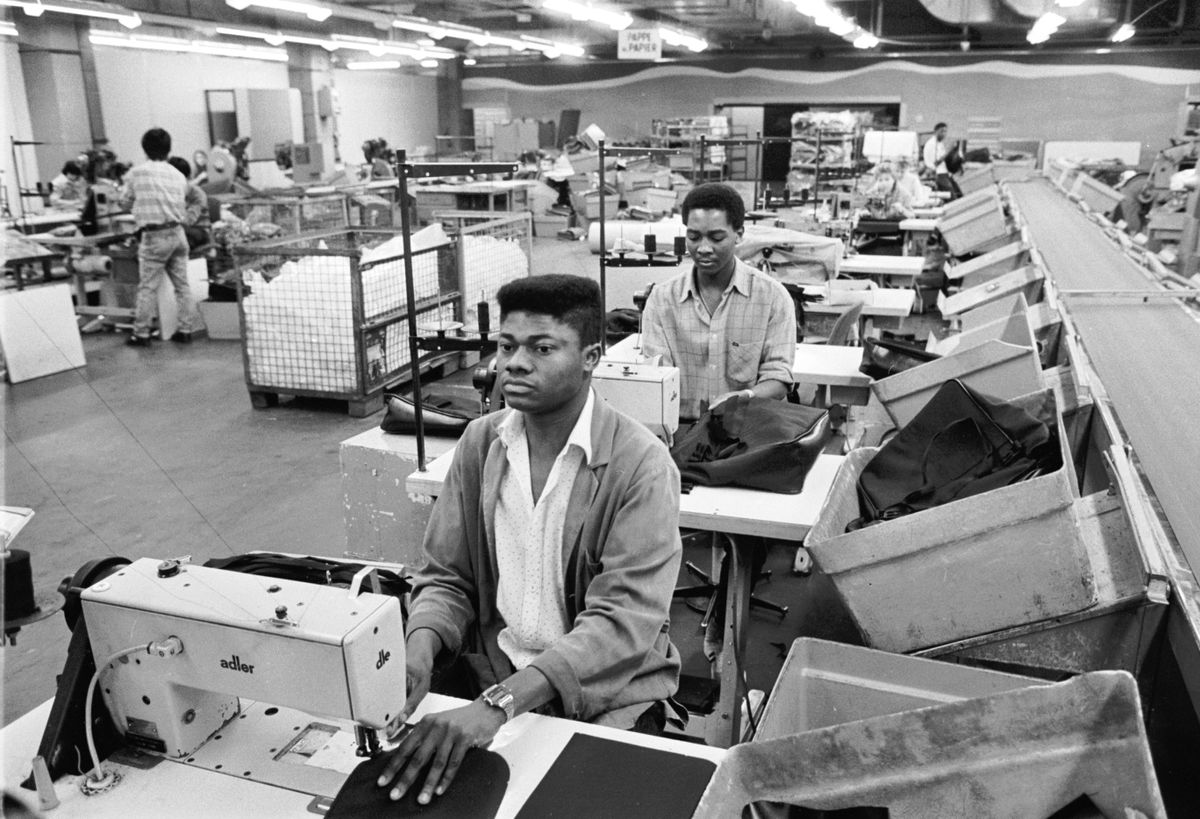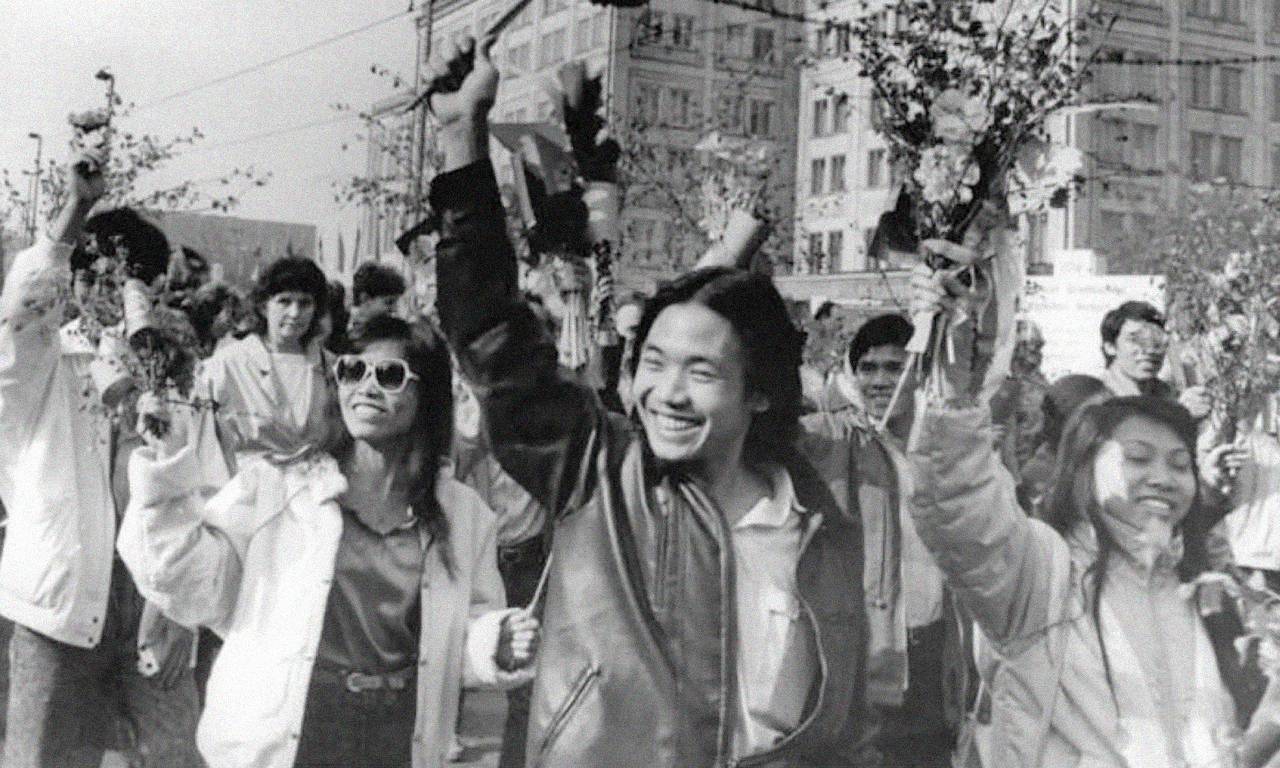The majority of those who migrated to the GDR were young. They came as students, foreign workers, or trainees. Often, they came from countries that were socialist allies of the GDR, such as Vietnam, Mozambique, Cuba, and Angola. The governments of these countries sent them as delegates to the GDR so that they could return to contribute to the development of their home county once qualified. Other migrants were taken in by the GDR as political exiles. All of them came with their own hopes and fears, and were full of expectations about their future in a foreign country.
BruderlandIn the GDR, the member states of the Warsaw Pact were called “Sozialistische Bruderländer” - socialist brother states. The Warsaw Pact was a military alliance between the Soviet Union, the GDR, Bulgaria, the CSSR, Poland, Romania, Hungary, and until 1968 also Albania. As members of the Council for Mutual Economic Assistance, Vietnam, Cuba and Mozambique were also called “Bruderländer”.
The experience of individual migrants in the GDR depended on where they came from, whether they came as a student, worker, or political exile, and when they arrived. Governments affiliated with the GDR and solidarity committees in the GDR itself had been sending selected students as delegates for higher education since the 1950s. Any student who received one of these coveted places did not have to pay tuition fees, and most also received a GDR scholarship. Political exiles were offered asylum and support in the GDR if doing so was in line with the GDR’s interests. Some persecuted communists from non-socialist countries also lived in hiding there.
Workers Wanted
Most migrants who lived in the GDR came as workers, as agreed upon in bilateral treaties with their home country. They too were promised occupational training “in the processes of production” and were employed in factories to combat labour shortages in the GDR. Of all migrants to the “workers’ and peasants’ state”, as the GDR portrayed itself, they experienced the worst conditions.

